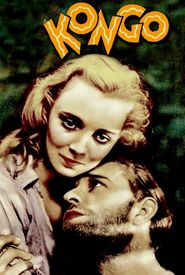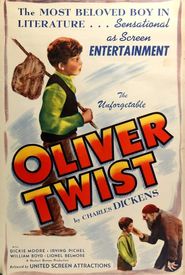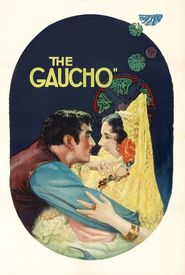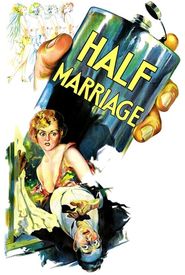William J. Cowen's military career began in the Canadian Expeditionary Force during the First World War. He initially served in the Infantry, specifically the 5th Canadian Mounted Rifles, before being transferred to the Fort Garry Horse in France.
As a Lieutenant, Cowen was wounded three times throughout the war, showcasing his bravery and resilience. His most notable achievement was receiving the Military Cross for his actions during the Battle of Cambrai on November 20, 1917. This battle saw Cowen, despite being severely wounded, lead his men in a charge against an enemy battery two miles behind the enemy lines.
Cowen's actions that day were nothing short of heroic, as he not only led his men but also managed to capture six enemy prisoners. His citation for the Military Cross, presented by King George V, reads: "Lt. William Joseph Cowen. For conspicuous gallantry and devotion to duty as second in command of his squadron, which charged an enemy battery two miles in rear of their line. Though badly wounded he led his men on and brought back six prisoners. (Cambrai, 20 Nov 1917.)"
After the war, Cowen's experiences had a profound impact on his life. He went on to write several books and short stories, including "Man With Four Lives" and "They Gave Him a Gun". These works often drew inspiration from his time in France during the war.
Following his writing career, Cowen's life took a dramatic turn. He possibly served in the service of the US government in Russia, where he was captured by the Bolsheviks and sentenced to death as a "spy, bourgeois, and speculator". Cowen eventually returned to the USA, where he spent the remainder of his life.


























